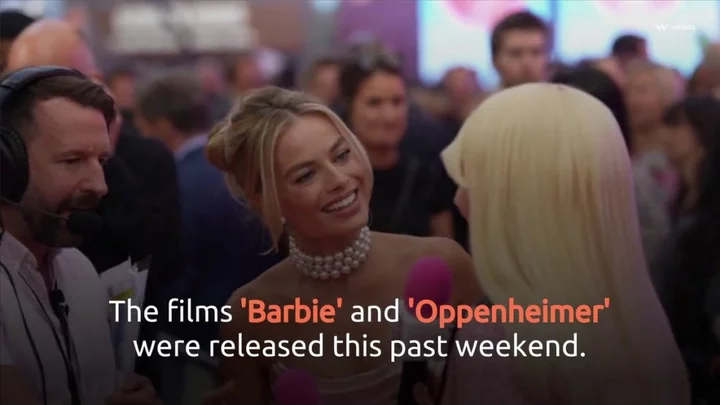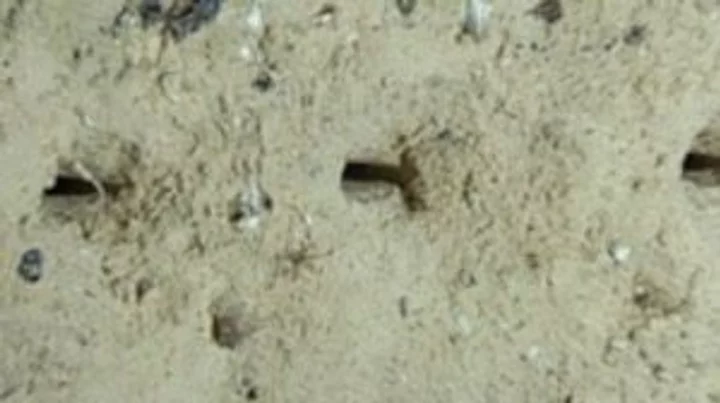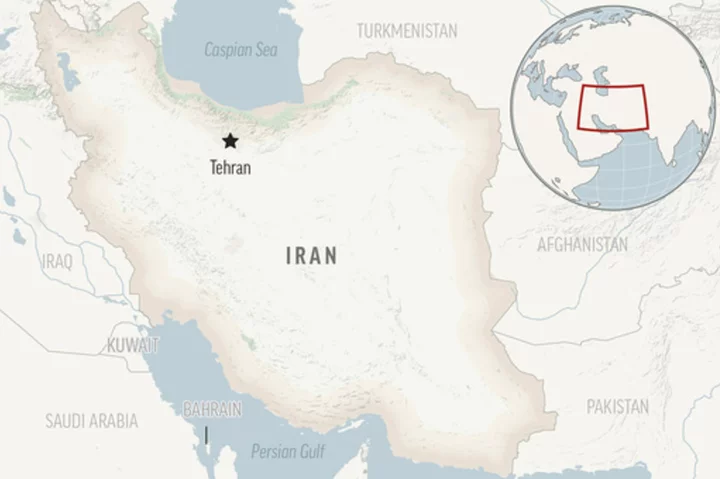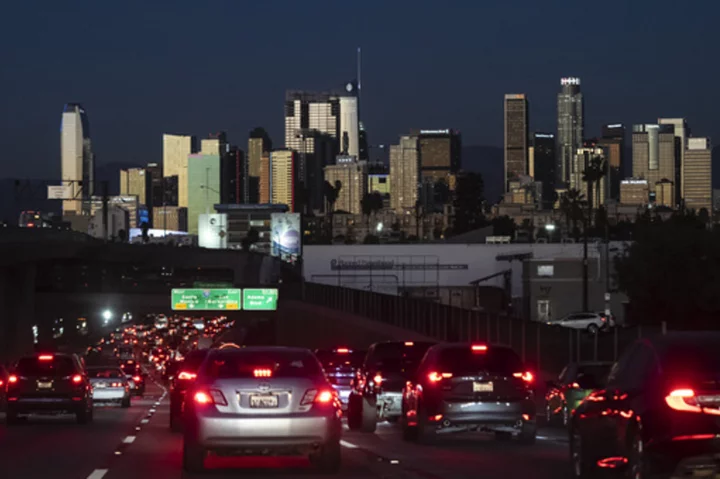Barbenheimer is the cinematic event of the year, but not everybody is happy about the discourse surrounding both Barbie and Oppenheimer.
In fact, there’s been a backlash on social media in Japan following the release of promotional material for both films, and it’s led to the #NoBarbenheimer hashtag trending.
Things came to a head when a US account for the Barbie movie responded to a graphic of both Margot Robbie and Cillian Murphy in their respective movies with the caption: “It’s going to be a summer to remember.”
The tweet now appears to have been deleted.
This month marks 78 years since atomic bombs were dropped on Hiroshima and Nagasaki, and Japan remains the only country to have suffered the use of nuclear weapons during wartime.
Sign up to our free Indy100 weekly newsletter
Oppenheimer isn’t banned in Japan but it has yet to receive a release date, and the social media backlash has caused the Japanese arm of Warner Bros. to respond to the criticism [via South China Morning Post].
Warner Bros. Japan LLC posted a statement on the official Japanese account for Barbie saying it was “highly regrettable” that the film took part in the “Barbenheimer” discourse in an inappropriate manner.
The company also stated it was not connected to the meme and added that it was seeking “an appropriate response” from its US parent company.
It comes as the release of Christopher Nolan’s Oppenheimer generated a flurry of interest in the man behind the atomic bomb, Julius Robert Oppenheimer.
The film tells the story of the physicist and his role in the Manhattan Project, which was the codename given to the development of the A-bomb.
The first bomb was dropped on the city of Hiroshima on 6 August 1945. It killed tens of thousands of people. A second bomb fell days later on the city of Nagasaki. Historians believe more than 200,000 people died as a result of the events, with millions more severely affected.
Have your say in our news democracy. Click the upvote icon at the top of the page to help raise this article through the indy100 rankings.









